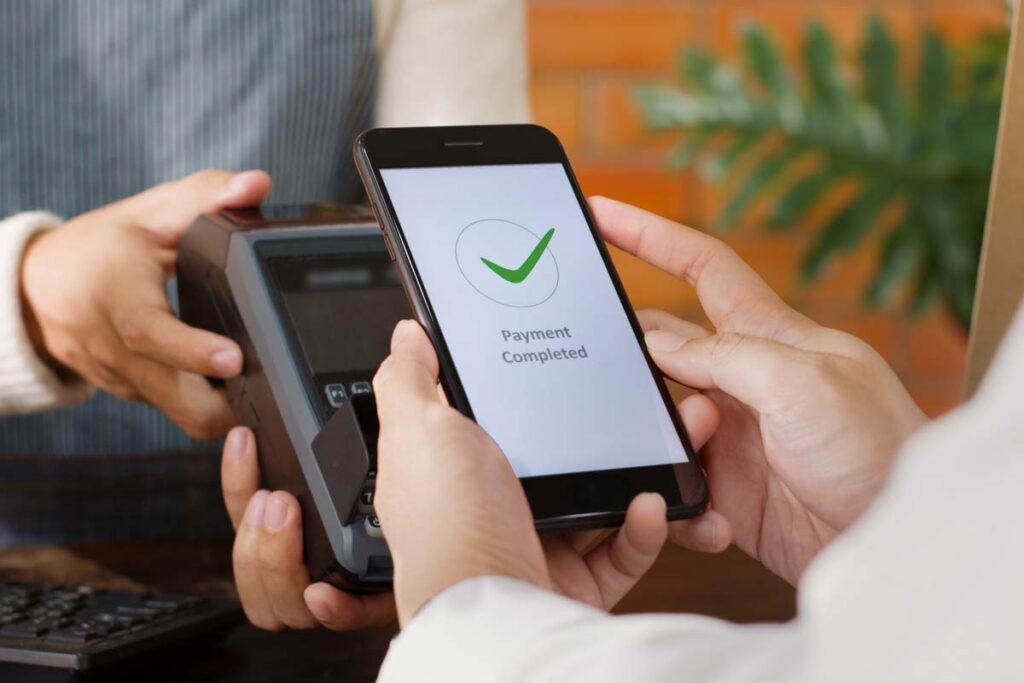
Payment apps overview:
- Who: The Consumer Financial Protection Bureau (CFPB) proposed new rules to supervise nonbanks that conduct online transactions.
- Why: The CFPB feels this newer sector of large companies handling 5 million transactions or more per year should have to follow the same rules as banks, credit unions and other financial institutions.
- Where: The CFPB proposal came from the group’s Washington, D.C., headquarters.
The Consumer Financial Protection Bureau (CFPB) has proposed new rules to add supervision of nonbanks that are conducting online financial transactions, particularly those companies that handle more than 5 million transactions per year.
The new CFPB rules aim to treat the nonbank transaction companies like digital wallets and payment apps the same as large banks, credit unions and other financial institutions.
“Payment systems are critical infrastructure for our economy. These activities used to be conducted almost exclusively by supervised banks,” CFPB Director Rohit Chopra said in a statement. “Today’s rule would crack down on one avenue for regulatory arbitrage by ensuring large technology firms and other nonbank payments companies are subjected to appropriate oversight.”
While more and more consumers are using digital wallets and payment apps, complaints about the applications and the companies that run them have been rising, the CFPB says. The apps are often used by those with middle and lower incomes on retail spending, with apps beginning to exceed the use of cash in transactions, the CFPB says.
Proposed CFPB rule includes consumer protections in money transfers, privacy rights
The new rule would expand the CFPB’s ability to investigate online nonbank companies to “ensure consistent application of federal consumer financial laws,” the CFPB says.
The rules include protections against unfair, deceptive and abusive acts and practices, protecting the rights of consumers that are transferring money and ensuring privacy rights.
The rule is a follow-up to a 2022 warning to Big Tech companies that they must adhere to the same rules with payment apps and digital wallets as financial institutions and a public inquiry into the risks associated with the apps.
The 2nd Circuit ruled earlier this year that the payment structure for the CFPB is constitutional and the court upheld the enforcement of an investigative demand that the CFPB has made against debt-collection firm the Law Offices of Crystal Moroney PC.
Do you use digital payment methods on a regular basis? Let us know in the comments.
Don’t Miss Out!
Check out our list of Class Action Lawsuits and Class Action Settlements you may qualify to join!
Read About More Class Action Lawsuits & Class Action Settlements:















4 thoughts onConsumer watchdog proposes overseeing digital wallets, payment apps
I absolutely need added
Add me to the lawsuit please thank you Lori Clark
I definitely need to be informed at every single update! Please 🙏
Constantly! Please add me!